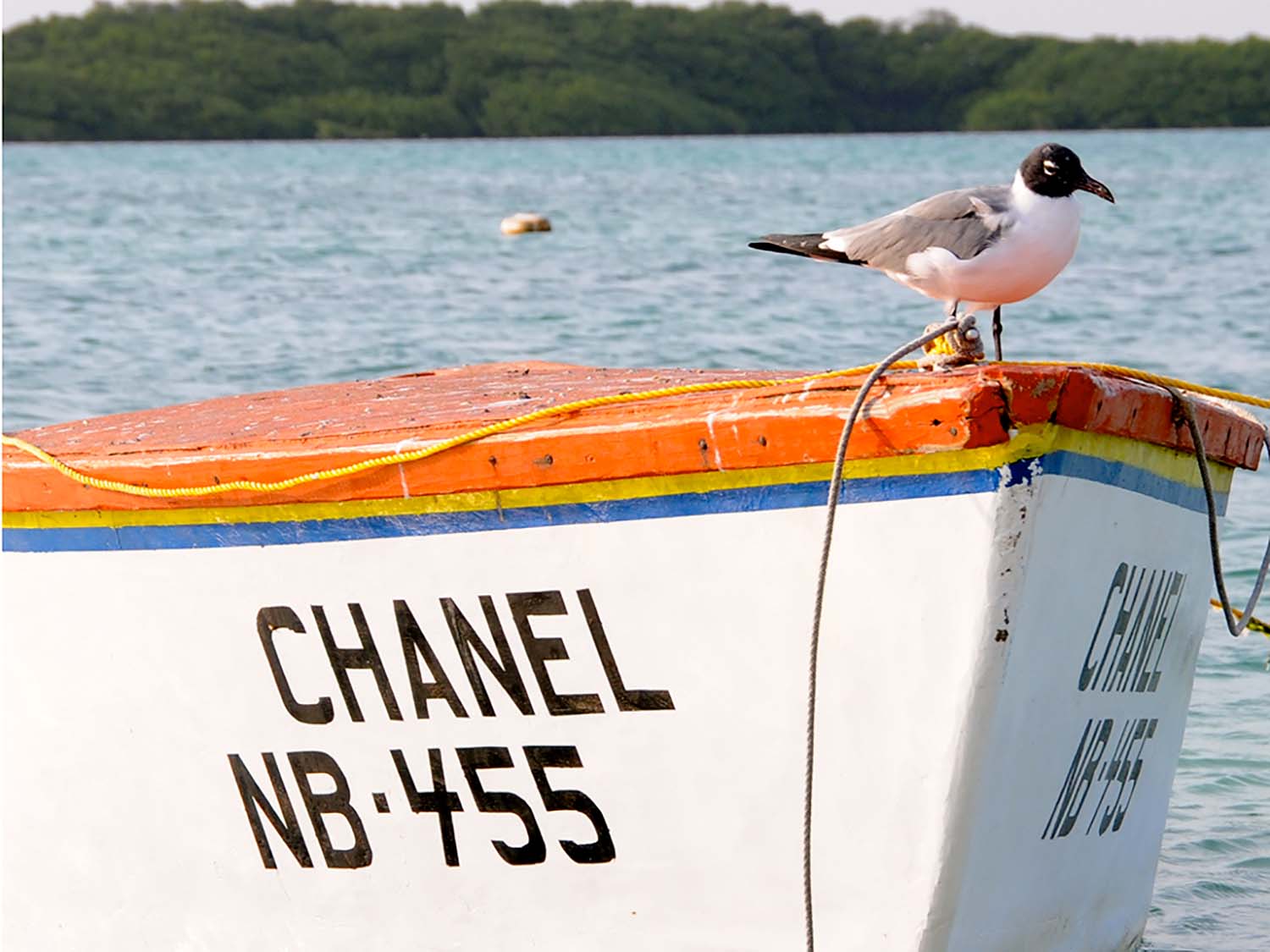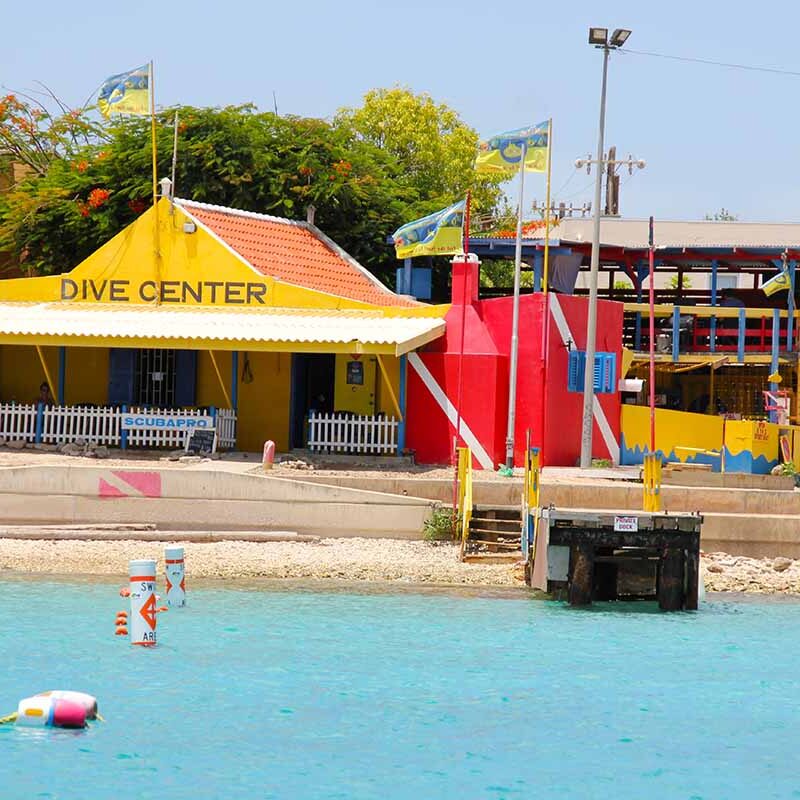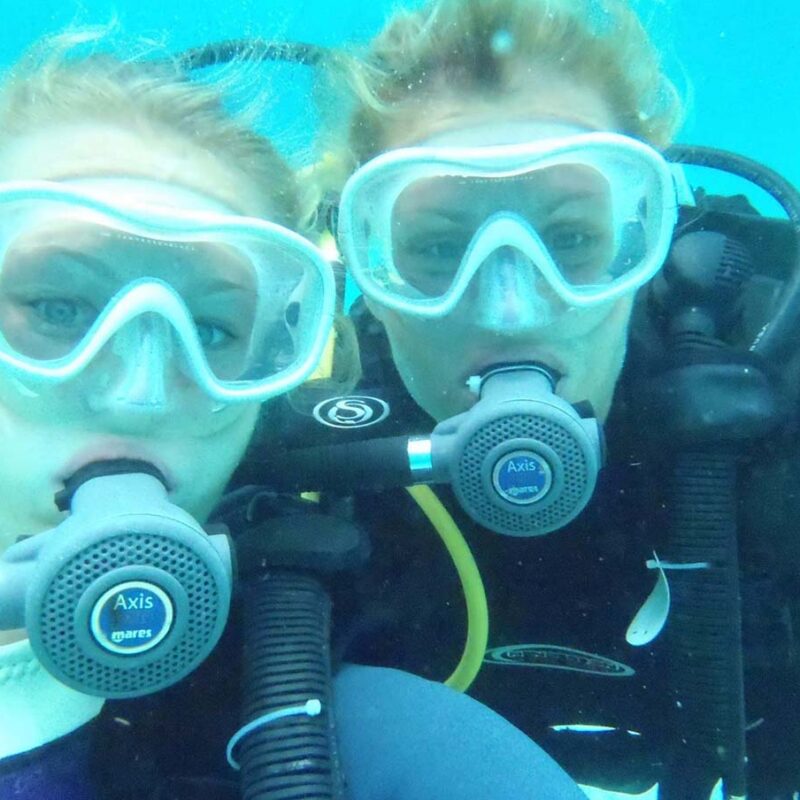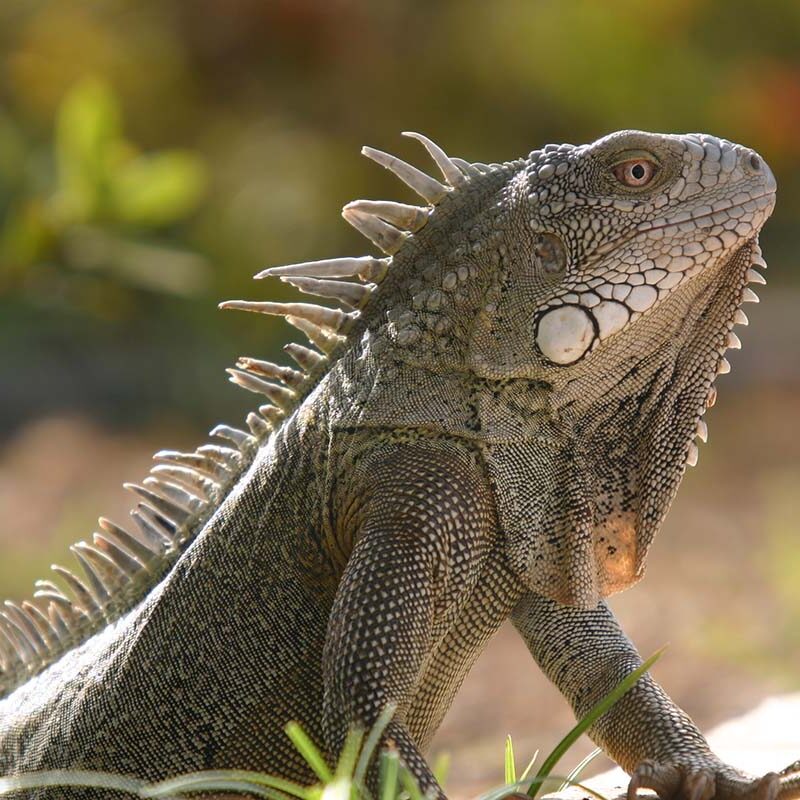To Do Before Your Trip
Planning a trip to Bonaire is always exciting, but before you dive into the crystal-clear waters or set off on your island adventures, there are a few important things to take care of that will make your journey smoother. Here’s our list of must-dos before your trip:
1. Pay the Tourist Tax in Advance
One of the best ways to save time at the airport is to pay Bonaire’s Tourist Entry Tax online before you arrive. The fee is $75 per person for visitors over the age of 13 and $10 for kids up to 12 years. The tax goes directly to the government and helps support the island’s infrastructure. You can pay it online from 7 days before your arrival at https://tourismtax.bonairegov.com/. Paying in advance means less waiting at the airport, so you can start enjoying your vacation sooner. Make sure you go through the official government website ending in bonairegov.com as unfortunately there are resellers active who charge a lot more for their “services”.
2. Pay the Nature Fee
Bonaire is committed to protecting its incredible natural beauty, and as a visitor, you’ll need to pay the Nature Fee. This fee gives you access to the entire Bonaire National Marine Park (including the waters around the island) and Washington Slagbaai National Park. The fee is $40 per person for visitors over 12 years old and goes directly to Stinapa, the organization that preserves Bonaire’s coral reefs and marine life. You can pay this fee at any dive store or online at this link. Stinapa officers occasionally check for tags, and while they’re not often seen, failing to have one could result in a fine.
3. Check Your Passport Validity
Before you fly, make sure your passport is valid for at least 6 months beyond your travel dates. It’s a small but important detail that can save you from any unexpected hiccups at the airport.
4. Get Travel Insurance
While Bonaire is a peaceful and safe island, it’s always smart to have travel insurance. Make sure your policy covers not just medical emergencies, but also water activities like snorkeling, diving, and windsurfing. Bonaire is all about the ocean, and being prepared ensures you can enjoy it with peace of mind.
5. Pack Your Essentials
Bonaire’s sunny and tropical climate calls for the right gear. Be sure to pack reef-safe sunscreen to help protect the coral reefs, as well as insect repellent and light, breathable clothing. Don’t forget your swim gear and any medications you may need. Many shops on the island close early, so it’s helpful to have some essentials—like snacks—packed and ready for your first day.
6. Pre-Book Your Car Rental
While Bonaire’s small size makes it easy to explore, a rental car is the best way to reach more remote parts of the island, such as Washington Slagbaai National Park or the southern salt pans. We recommend booking your rental car in advance, especially if you’re visiting during high season. Our guests get a 10% discount at Carib Carrental!
7. Bring Reusable Items
In keeping with Bonaire’s commitment to sustainability, consider bringing reusable water bottles, shopping bags, and containers to reduce plastic waste during your trip. The good news is that both Kas Vos and Villa Vos are already stocked with reusable grocery bags, containers, and a cooler bag for your convenience, so you’ll have what you need for trips to the market or beach picnics.
8. Money Matters
Bonaire uses the US dollar, and most places on the island accept credit cards. However, it’s a good idea to carry a small amount of cash for smaller purchases, such as snacks or drinks at food trucks.
9. Pre-Book Your Dive Course
If you’re planning to dive during your stay, it’s a good idea to pre-book your dive course. Especially during the busier seasons, courses fill up quickly, and booking in advance guarantees your spot. Our guests receive a 10% discount at Dive Friends Bonaire, so be sure to mention your stay when booking!
10. Don’t Forget the Right Plug Adapters
Bonaire uses North American-style plugs (110V), but the good news is that both Kas Vos and Villa Vos are equipped with North American-style and European-style sockets. We also have some converters available for our guests, just in case. If you’re planning to explore beyond the villa, it’s still a good idea to bring the appropriate adapters.





